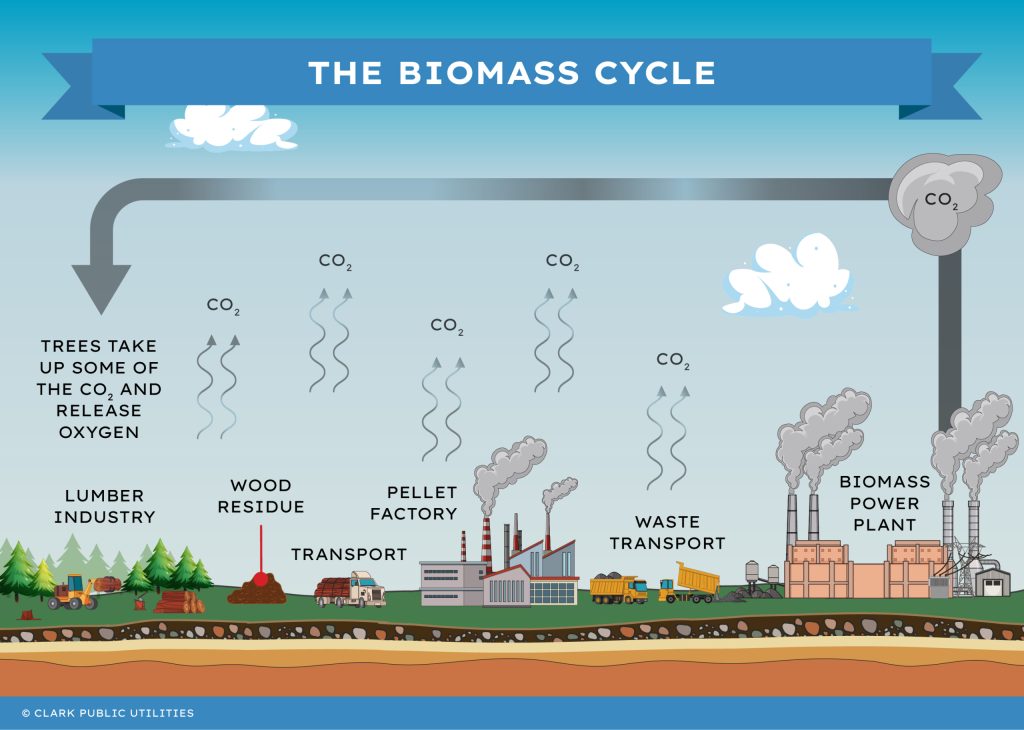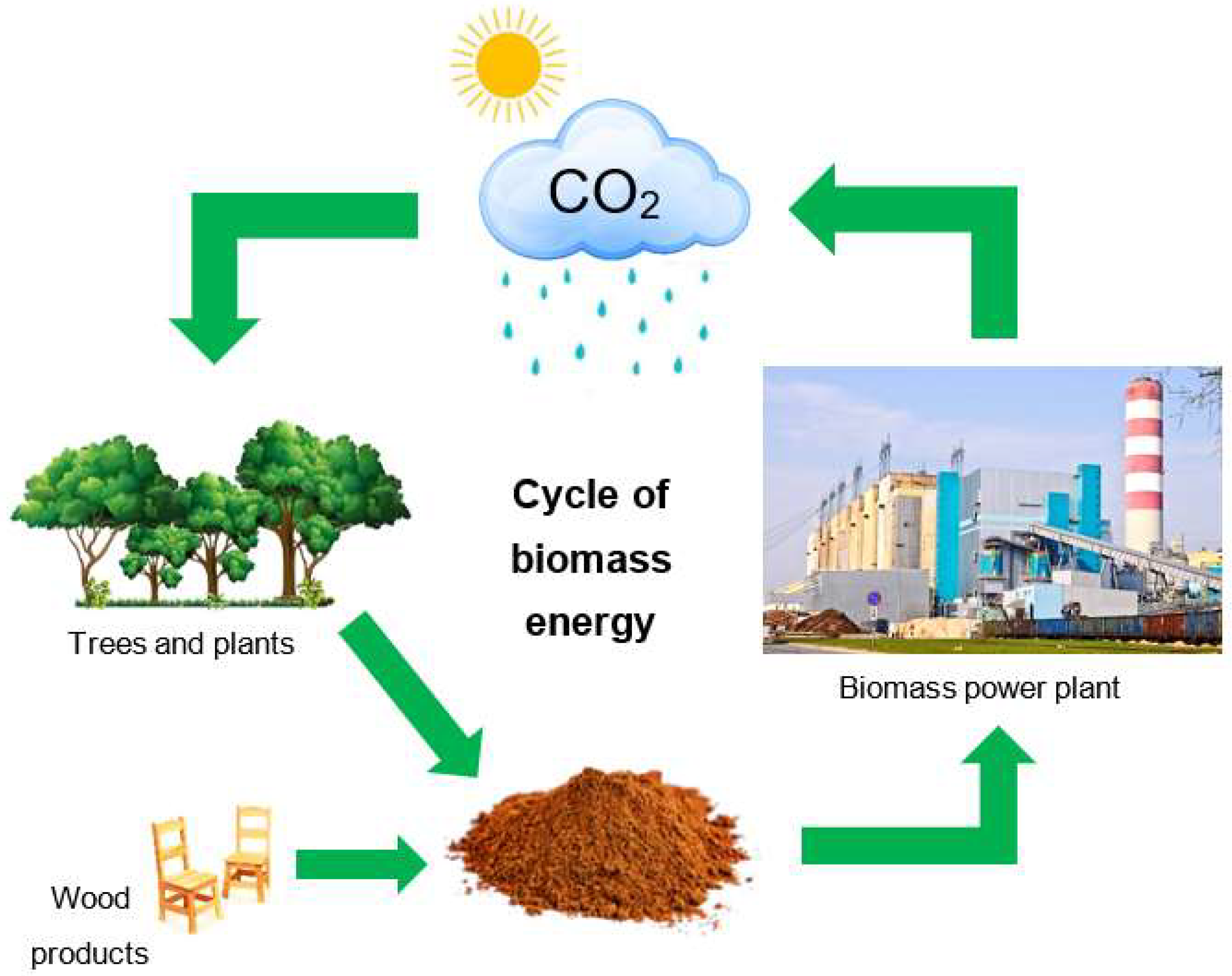
Introduction: Biomass Energy – A Sustainable Solution for the Future
In a world facing pressing environmental challenges, biomass green energy emerges as a beacon of hope, offering a sustainable, eco-friendly solution that benefits both businesses and the planet. By converting organic waste into valuable energy, biomass harnesses the natural cycle of life to produce renewable power, reducing reliance on fossil fuels and curbing greenhouse gas emissions. This form of green energy is an opportunity for companies and communities alike to embrace a more sustainable future, create job opportunities, and contribute to environmental preservation.
1. Why Biomass? Understanding the Importance of Green Energy Transition
The urgency of transitioning to renewable energy sources cannot be overstated. Global warming, environmental degradation, and depleting natural resources all underline the need for clean energy solutions. Biomass energy offers a promising alternative by utilizing organic waste materials—such as agricultural residues, forest debris, and even municipal waste—to generate energy. This not only reduces waste but also provides an opportunity for a closed-loop energy system where waste products are recycled into usable power, benefiting both industry and society.
Biomass energy production not only meets energy demands sustainably but also fits seamlessly into the circular economy model. Unlike fossil fuels, which are limited and harmful, biomass is abundant and renewable, making it an ideal option for companies committed to sustainable practices. Embracing biomass as an energy source helps companies reduce their carbon footprint and appeals to eco-conscious customers, enhancing brand reputation and loyalty.
2. How Biomass Works: From Waste to Clean Energy
Biomass energy production is a fascinating process that transforms organic materials into clean energy through various methods, such as direct combustion, gasification, and anaerobic digestion. By breaking down biomass feedstock like wood chips, agricultural residue, and food waste, energy is released in the form of heat, electricity, or biofuels. This innovative approach not only provides an efficient energy source but also mitigates waste management issues.
As industries grow, so does the generation of organic waste, which can easily be repurposed for biomass energy. Companies can take advantage of this by turning waste management into an asset, reducing disposal costs, and creating a secondary revenue stream. By investing in biomass technology, businesses become part of a future-focused solution that values resources and drives economic growth.
3. The Environmental Impact: Reducing Carbon Footprint
One of the most significant benefits of biomass energy is its potential to reduce carbon emissions. Unlike fossil fuels, which release stored carbon when burned, biomass emits carbon that has been recently absorbed by plants, resulting in a lower net carbon impact. When sustainably managed, biomass serves as a near-carbon-neutral energy source, aligning with global climate goals.
This environmental impact extends beyond reducing carbon footprints. Biomass energy also minimizes waste that would otherwise contribute to landfill pollution and methane emissions. Companies that adopt biomass can demonstrate a proactive commitment to environmental stewardship, a quality increasingly valued by consumers, investors, and regulatory bodies. This approach positions businesses as leaders in sustainability and environmental responsibility.
4. Biomass for Businesses: Economic and Operational Benefits
For businesses, adopting biomass energy is not only an environmental decision but a financially sound one. Biomass systems offer stable and often lower energy costs over time, making them an attractive alternative for companies seeking to reduce operational expenses. Additionally, government incentives, grants, and tax breaks for renewable energy projects provide financial support, making the transition to biomass energy even more feasible.
Using biomass allows companies to transform what would otherwise be waste into an energy resource, saving on waste management and potentially generating income from by-products, like biofertilizers. The economic advantage of using biomass positions it as an intelligent, cost-effective choice, creating long-term savings and reducing dependency on fluctuating fossil fuel markets. For businesses with high energy demands, investing in biomass can be a game-changer, reducing costs while building a sustainable brand image.
5. Creating Jobs and Boosting Local Economies
The biomass industry is a job generator, creating roles in fuel collection, transportation, plant operation, and maintenance. For regions rich in agricultural and forestry resources, biomass energy facilities stimulate the local economy by creating employment opportunities and supporting local businesses involved in the supply chain.
Companies that invest in biomass energy not only benefit their bottom line but also contribute to community growth. This local engagement builds stronger ties with the community, reinforcing the company’s role as a responsible and supportive corporate citizen. By promoting job creation and supporting local economies, businesses can enhance their brand reputation and deepen customer trust.
6. Market Demand for Green Energy: Why Now is the Time to Invest
Consumer awareness of environmental issues is at an all-time high, and there is a growing demand for companies to adopt sustainable practices. This shift in consumer behavior has led to a surge in demand for green energy solutions. Businesses that lead the way in adopting biomass energy can capitalize on this trend, distinguishing themselves from competitors as innovators and sustainability champions.
For industries, such as manufacturing, agriculture, and food processing, that produce a large amount of organic waste, biomass presents a valuable way to align operations with consumer expectations. By showcasing commitment to sustainable energy, businesses can appeal to eco-conscious customers, expand market share, and foster long-term loyalty. Now is the ideal time for companies to invest in biomass energy to meet these market demands and stay ahead of the curve.
7. Enhancing Brand Image with Biomass Energy
In an era where corporate responsibility matters to consumers, brands that demonstrate a commitment to the environment gain a competitive advantage. Transitioning to biomass energy is a powerful statement of a company’s dedication to sustainability and its awareness of the broader environmental impact of its operations. This commitment enhances brand image, appealing to eco-conscious consumers and distinguishing the company in a crowded marketplace.
By sharing the story of their biomass initiatives, companies can inspire customers and create a positive brand narrative. Marketing efforts focused on the environmental benefits of biomass, including social media campaigns, educational content, and sustainability reports, can help build brand loyalty and attract new customers who prioritize eco-friendly practices.
8. Government Support and Policy: Leveraging Incentives for Green Energy
Governments worldwide are encouraging the adoption of green energy through various incentives, policies, and grants. From tax credits to subsidies, these incentives make it easier and more affordable for businesses to transition to biomass. Companies looking to capitalize on these opportunities can offset initial costs and expedite the ROI of their biomass energy projects.
By staying informed about local and international policies that support renewable energy, businesses can maximize their investment in biomass. Moreover, companies that lead the way in sustainable practices may qualify for government recognition or certification, further enhancing brand credibility and public trust.
9. Biomass as Part of a Diversified Energy Portfolio
For companies committed to reducing environmental impact, biomass energy can be a vital part of a diversified renewable energy portfolio. Combining biomass with other green energy sources, such as solar or wind, allows businesses to achieve a balanced energy mix that maximizes sustainability and efficiency. By diversifying their energy sources, companies can ensure reliability and mitigate risks associated with energy supply fluctuations.
This approach reflects a commitment to comprehensive sustainability, positioning the company as an industry leader. By integrating biomass into a broader renewable energy strategy, businesses can drive innovation, create sustainable practices, and future-proof their operations in an unpredictable energy landscape.
10. The Future of Biomass: Adapting to Evolving Technologies
The biomass industry continues to evolve, with technological advancements making it more efficient and accessible than ever. Innovations in gasification, bio-refining, and carbon capture are enhancing the efficiency and scalability of biomass energy, creating new opportunities for businesses to adopt this technology.
Companies that invest in biomass today are positioning themselves for future growth, aligning with cutting-edge technology that will drive tomorrow’s energy market. Keeping pace with these advancements allows businesses to remain at the forefront of the green energy transition, adapting their practices to benefit from improvements in technology and efficiency.
Conclusion: A Sustainable Path Forward with Biomass Green Energy
Adopting biomass green energy is more than a trend; it’s a commitment to a sustainable, profitable, and resilient future. As environmental concerns grow and market demands shift, biomass offers a solution that benefits businesses, consumers, and the planet alike. By embracing biomass energy, companies can reduce costs, enhance brand reputation, and make a meaningful impact on the environment.
For businesses ready to lead the way in sustainability, biomass represents an opportunity to innovate and grow responsibly. With the right approach, transitioning to biomass is a strategic move that supports long-term success, ensuring that companies not only survive but thrive in an increasingly eco-conscious world. Embrace biomass green energy, and be part of the transformation to a cleaner, greener future.

